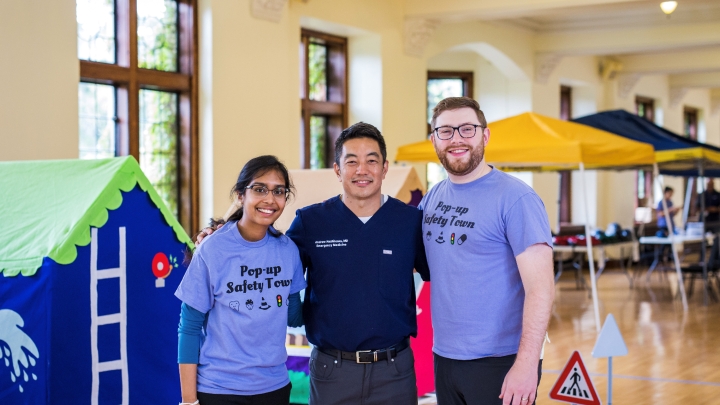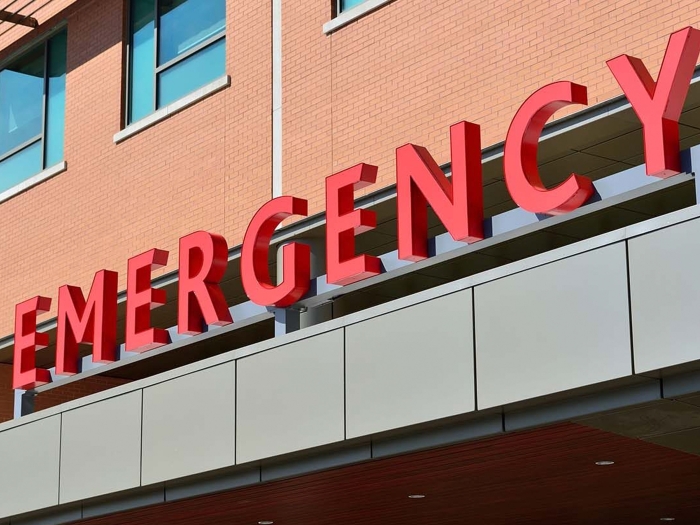We're dedicated to making a difference and transforming the future of emergency care through research, education and service.

Our vision is an emergency care system that engages our learners, patients and the entire health care system to provide solutions to the growing need and complexity of emergency medical care. We pursue this mission through advanced clinical practice, cutting edge research, innovative education, and service to the health system, community, and our global partners.

We're committed to fostering a safe and inclusive environment that embraces the uniqueness of all people and ensures all voices are heard. Our program offers various committees and groups focused on wellbeing and health and gender equity.
Your gift can help our physicians provide the highest-quality care while contributing to major advances in patient care, research, and education.







For any questions or assistance, please get in touch with us.